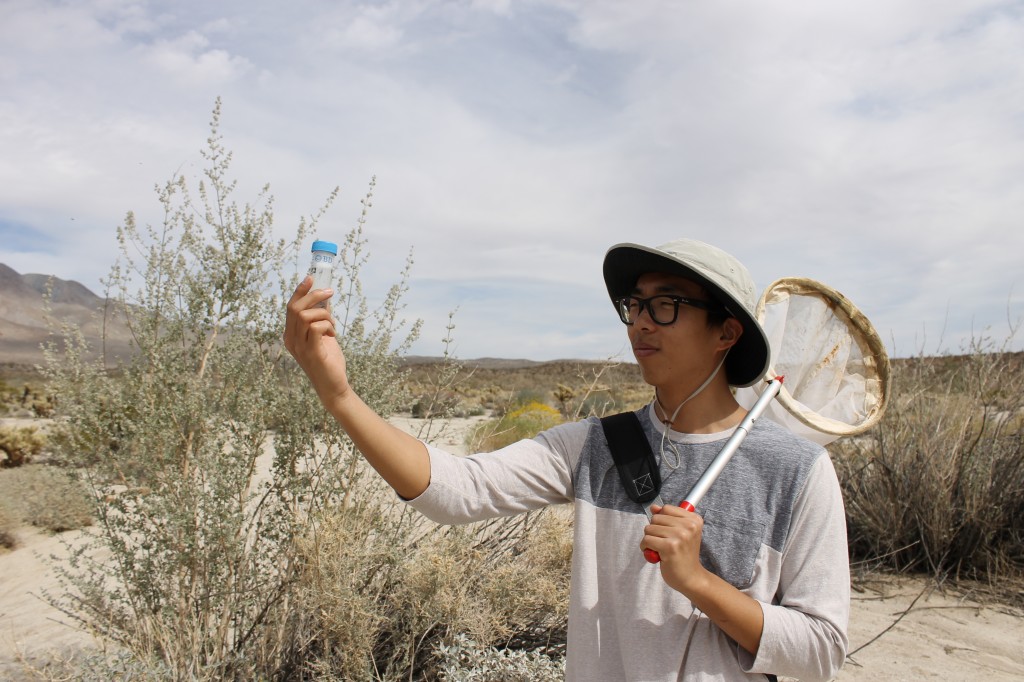BY HAEBIN LIEW | BLOGGER | SQ ONLINE (2013-14)
Zoos and water parks serve as a great place to interact with animals that one may rarely see, but is it morally just for us to cage animals for our entertainment? A recent film presented by CNN revealed some shocking secrets regarding the captivity and treatment of orcas in water parks, mainly SeaWorld. The graphic videos and testimonies from past employees definitely strikes a horrible feeling in one’s gut, how we still don’t have the decency to treat animals with humanity. But the documentary frames SeaWorld’s actions in a biased light and begs the question: how much of what we are seeing is reality?
The documentary focuses on Tilikum’s, an adult male orca at SeaWorld Orlando, capture and treatment at SeaWorld that may have led to dangerous behavior not usually found in the wild. Much of the aggression and relationship between the trainers and the orcas seem to stem from restrictive confinements and ignorance to basic safety from assumptions that the orcas are well trained. This delicate balance is tipped when a trainer, Dawn Brancheau, is allegedly murdered by Tilikum after having her hair pulled into the water and dragged until she drowned. The tragedy places SeaWorld and captive orcas on a very high stigmatized pedestal where all legal and moral issues are at play. One side seems to advocate the corporate gain of those who regulate and are employed by SeaWorld and cover the incident as if it were Brancheau’s fault she was not taking certain “precautions”. While the other is fighting for the freedom of the whales who are driven mad by the poor living conditions and inhumane treatment during capture and throughout captivity.
The other side to the humanizing story is SeaWorld’s defense regarding their captive orcas. The documentary is biased against SeaWorld but SeaWorld is known for their contributions to marine mammal research and conservation movements. Regardless of the impact of SeaWorld’s philanthropy, the truth behind behavioral manipulations of animals for human entertainment is still a very real and demanding issue. The search for the perfect balance is still underway and we are yet experiencing certain consequences for our actions in order to protect animals not only from nature but from us as well.
The issue here perhaps is our ignorance to captive animals regardless of their treatment; the false notion that we are treating them better than nature would have. Personally, there is a very ambiguous line drawn between conservative actions on our part such as protective reserves and captivity of exotic or endangered animals. I highly recommend Blackfish as a very enlightening documentary, one that poses a serious question about how our relationship with nature has change throughout the recent years and where this will go in the future. It is crucial that, no matter what stance one takes towards the events that have occurred, a stance must be made to stimulate change and discussion on a very big issue that is not covered nor researched extensively.
What are other concerns you might have regarding conservation and anthropogenic effects on animals?


